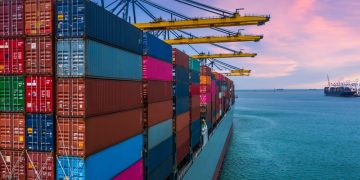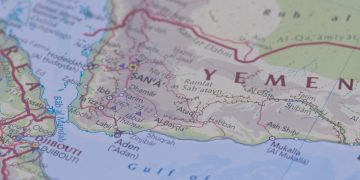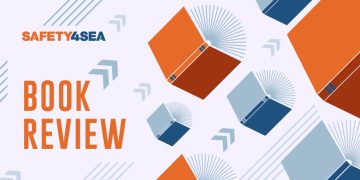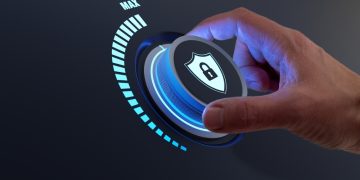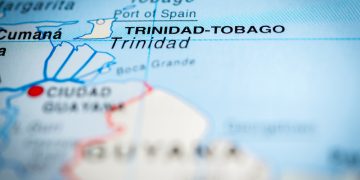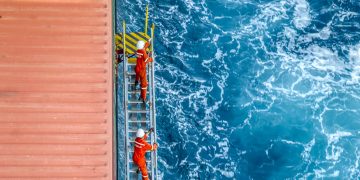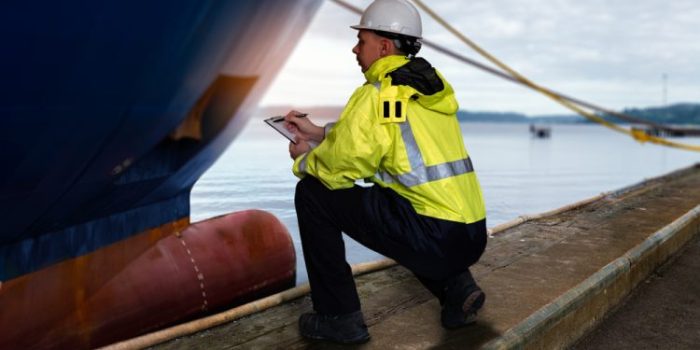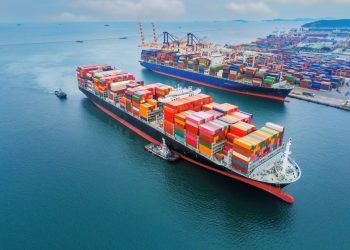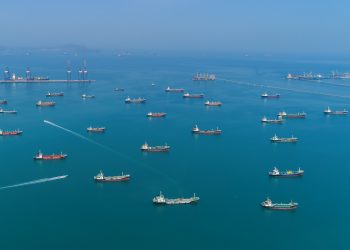There is no golden rule for a PSC preparation; however, employing common sense and taking basic actions prior to a ship’s PSC inspection (PSCI) can be beneficial.
Typically, shipping companies will send out a PSC preparation checklist outlining items to be reviewed prior to arrival. This checklist is standardized across all ports worldwide and is likely crafted based on the company’s own experience, PSC history, or information shared by other industry stakeholders such as classification societies and flag states. However, these checklists primarily serve as evidence within the company that all necessary steps were taken to mitigate undesirable PSC inspection outcomes.
Almost all checklists begin with Certification Checking. The list consists of more than 30 items, including all shipboard certificates. Therefore, the Master must go through this list every time prior to arrival. However, these items should be completely removed from the Master’s obligation for checking. It is clearly the Company’s responsibility to ensure that the vessels are fully licensed and certified according to regulations.
Prior to arrival, the Company should provide the Master with a comprehensive list of all required Certificates and Documents for trading, along with their adequate dates.
This will reduce the workload of the Master (and/or other officers involved in preparation). After reviewing the certificates, common industry checklists typically include sections for LSA & FF equipment or other equipment. However, these items are already covered in SOLAS weekly/monthly or other routine checks and inspections.
The most common issues arising from equipment inspections are related to Emergency Systems. For example, it is unacceptable for a ship to have malfunctioning equipment such as the Emergency Fire Pump or Emergency Generator, and for the Company to wait until they are identified prior to arrival at port. Such items should be regularly checked, and any problems should be resolved as soon as they are identified during the periodic checks conducted by the crew as per the SMS. It’s important to note that these emergency systems exist to support the ship in case of emergencies at sea, rather than being demonstrated in port to the PSC Officer.
The only issue that the Company cannot resolve with a checklist is the crew’s performance in case of an emergency. The drill system exists to prepare and train the crew to perform tasks under the pressure of an emergency. These emergencies are most likely to occur while in transit, under adverse weather conditions, possibly in darkness, etc. If the crew members are not familiar with performing these tasks to save/protect their own lives, the ship, the cargo, and the environment, why would they perform the same tasks adequately in the presence of a PSCO in port?
From the above, it is evident that the preparation of the ship cannot be solely based on a generic checklist, which assumes that all items are to be checked prior to arrival to avoid identification of problems by PSCO and that all operational tasks will be performed in the presence of the PSCO as required, demonstrating the ability to handle emergency situations in simulated conditions.
Key factors to keep in mind
In any ship’s PSC inspection, two main factors play an important role in determining the inspection outcome.
The first factor is the ship itself, which encompasses its condition, equipment, and crew training.
- Condition: A ship should be fully certified as required by regulations. Ship appearance and maintenance cannot be rectified prior to any port arrival. This is an ongoing procedure that should be closely monitored by the Company at all times.
- Equipment/Systems: The same applies to the equipment and systems onboard. The Company has all the required tools and procedures to monitor their performance and functionality on a continuous basis. This equipment and systems exist to ensure the functionality of the ship when in transit from one port to another. They are only to be demonstrated in port to the PSCO.
- Crew Training: This is the most challenging issue to address onboard. The continuous crew changes (due to contract periods) create an ongoing demand for onboard training. Priority should be given to emergency drills as these are the tools for the crew to be prepared to respond to an emergency. Additionally, the crew’s ability to handle the ship’s equipment and systems is crucial for the ship’s operation and not merely for the satisfaction of the PSC officer.
The second factor that plays a role in a PSC inspection is the PSCI authority (Officer, port, country). Unfortunately, this cannot be controlled by the managing Company. However, by utilizing data analysis and historical facts, some issues can be predicted. Historical data provides information on what has already been identified in previous inspections. However, not all inspections are relevant.
For example, deficiencies identified on board an LNG carrier cannot be directly applied to preparing a Bulk Carrier. Even within the same types, there could be differences in identified items (e.g., between Capesize Bulkers and Handysize vessels). The best practice is to use a list of items already identified in this specific port concerning the same type of ship (as the one to be inspected) and attempt to address and resolve similar weaknesses on your own ship.
Additionally, it’s essential for the Master to acknowledge that PSCOs anticipate full and immediate attention upon boarding. Establishing a professional rapport with the PSCO and offering complete support throughout the inspection process is paramount.





